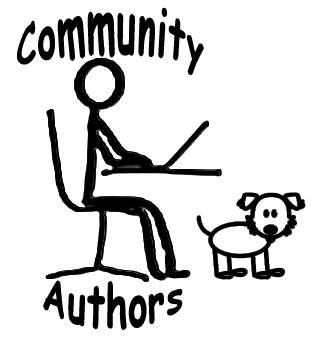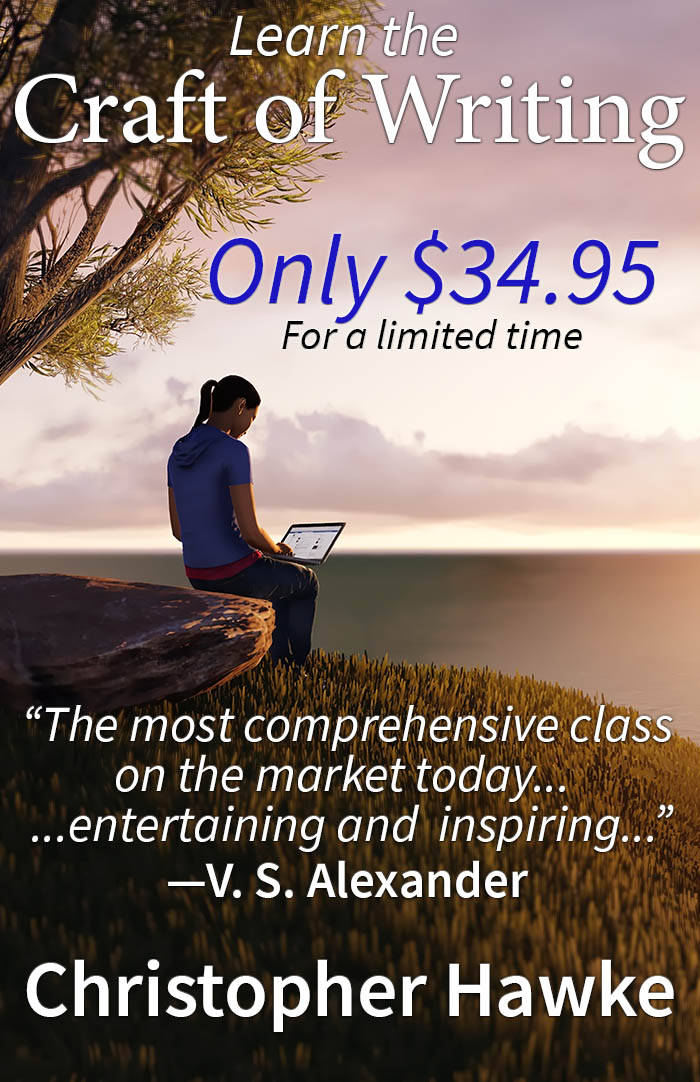What’s the definition of writer’s block?
It’s the condition of being unable to think of what to write or how to proceed with writing.
How can you overcome writer’s block?
If your brain is “locked up”, chances are you’re thinking too much. You probably have a death grip on your story idea and plot and have followed your idea into a logical corner. The key words here are “brain”, “thinking”, “logic”, and “idea”.
I recommend finding ways to unleash your emotional side.
This may be different for you, because what sparks the richest emotional experience varies from person to person, but I recommend tuning into what makes you feel the most.
Sometimes a walk may help, to clear the head—getting alone. But most importantly, what are you going to fill your head with?
The tried and true answer is art, and artful living…. View beautiful paintings, listen to majestic music, engage with an aesthetic garden, read a powerful book, talk with an old friend. Write some prose freehand, let the words flow. Forget about punctuation on the page—and the punctuation of your life. Give yourself an artful day, and see if your story doesn’t take shape when you sit down to write.
Here’s a video excepts from the Craft of Writing video series on making your writing (and life) soulful.
Prepare for National Novel Writing Month (NaNoWriMo) with this award-winning writing class
Intro * The Beginning * Vital Whispers * Story Building * Groundbreaking Stories * Your Sanctuary * Expectations * Foreshadowing * Suspended Disbelief * CWHO * Character * Wanted * However * Ongoing * The Plot Skeleton * Keeping the Reader’s Interest * Suspense * Arcs and the Plot * Supporting Characters * The Three Parts of Writing * Who’s Showing the Story? * Narrative Voice * Hooks * Crafting Sentences and Paragraphs * Descriptions * Dialogue * Show Don’t Tell * Flowing Choreography * Characterizing * Metaphors * Nonfiction * Commas * Making Your Writing Soulful * Driving Your Story Forward * Setting Tempo * The Payoff * Self-Editing Your Work * Final Thoughts

Find out more about the Craft of Writing video series
 Skip to the content
Skip to the content
